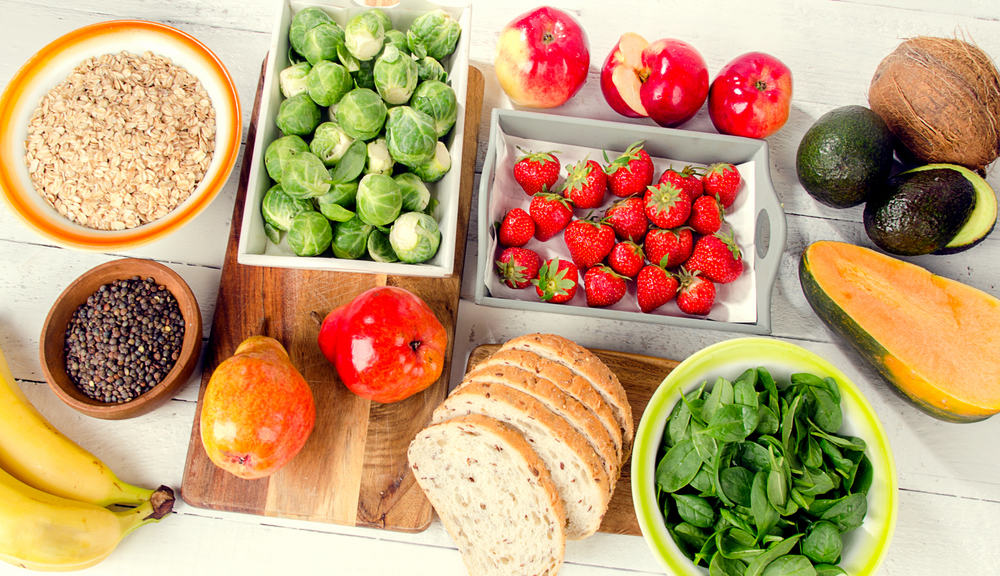
If trying to get pregnant, you should take extra vitamin D and folic acid. And, if it finds it difficult to get enough other vitamins in the diet, multivitamin supplements in the form of preconception vitamins can be a useful way to increase your intake.
Ideally, the best way to get enough vitamins is to eat a varied and balanced diet. It should include plenty of fruits and vegetables, as well as starchy carbohydrates, protein-rich foods, and milk. Be sure to include foods rich in iron, such as meat, fish, legumes, and fortified cereals.
What Preconception Vitamins Can I Take?
If you want to take a multivitamin supplement, choose a preconception multivitamin. This is because its manufacture is specifically for women who are trying to get pregnant. Preconception vitamins should supply no more than AKG for each vitamin and would not contain the retinol form of vitamin A. If you're unsure, ask your pharmacist for advice.
One of the supplements you should take immediately after starting pregnancy is a daily dose of folic acid400 micrograms (mcg). You can consume it at the same time by eating foods that contain natural folic acid, called folates, such as spinach, broccoli, nuts, and oranges.
Folic acid protects your unborn baby from developing potentially serious neural tube defects (NTDs), such as spina bifida. Drink folic acid while you are trying to conceive and, while pregnant, during the first 12 weeks.
If you are at higher risk of giving birth to a baby with NTD, for example, if you are severely overweight or have had a baby with NTD before, your doctor will recommend a higher dose of folic acid. available by prescription.
If you're taking a preconception multivitamin supplement, it may already contain folic acid, so check the label and talk to your pharmacist to make sure you're getting the right amount.
You should also take 10 mcg of vitamin D daily. Like folic acid, it is often included in preconception vitamins, so talk to your pharmacist if you're unsure.










